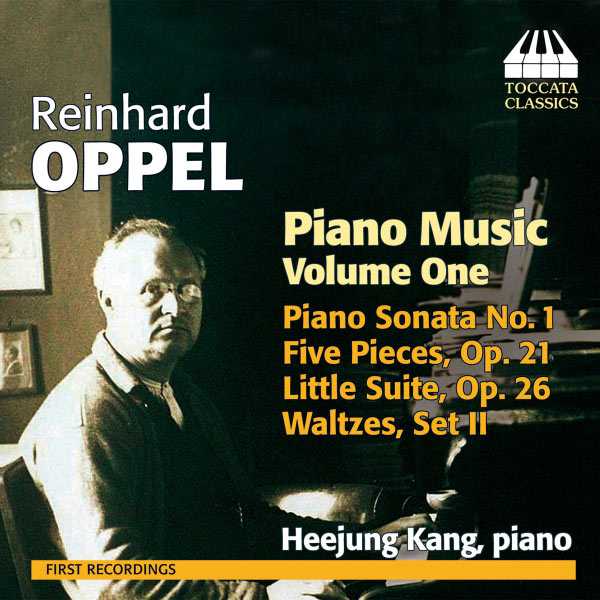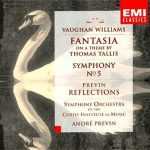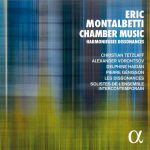
Composer: Reinhard Oppel
Performer: Heejung Kang
Format: FLAC (tracks)
Label: Toccata
Catalogue: TOCC0003
Release: 2011
Size: 233 MB
Recovery: +3%
Scan: yes
Kleine Suite, Op. 26
01. No. 1, Praludium: Andante, quasi allegretto
02. No. 2, Presto
03. No. 3, Allegretto grazioso
04. No. 4, Grave: Sehr ruhig
05. No. 5, Finale. Allegro molto, quasi presto
Piano Sonata No. 1 in G minor
06. I. Allegro, ma non troppo
07. II. Adagio
08. III. Allegro
09. IV. Presto
5 Stücke, Op. 21
10. No. 1, Allegro
11. No. 2, Andante
12. No. 3, Allegro, ma non troppo
13. No. 4, Allegro moderato pesante
14. No. 5, Tanzmassig, ja nicht zu schnell
Waltzes, Set 2
15. Waltz No. 1
16. Waltz No. 2
17. Waltz No. 3, Etwas schneller
Reinhard Oppel (1878–1941) was a central figure in inter-War Germany, as composer, teacher and theoretician; he was a close friend and colleague of the music theorist Heinrich Schenker. Both World Wars played a central role in his life and career.
He served as a sharp-shooter during World War I on both the Russian and western fronts; he was at Verdun and the Somme in 1916 and was seriously wounded three times, the last leaving a bullet in his right arm which plagued him until the end of his life. His wife’s aristocratic family also lost all of their land in Poland, and her income was cut off, leaving them in somewhat straitened circumstances. (He married four times.)
He was at last transferred to a desk job in Lille in July 1918, and it was only then that he was able to begin composing again. In the period between the Wars he lived a comparatively happy existence teaching at the Kiel and later Leipzig conservatories until his death from heart failure in 1941.
His rich, late-Romantic music encompasses symphonies, chamber and choral music, songs and a considerable quantity of this heart-warming, Dvořákian piano music. Yet it was almost lost forever – at the end of World War II, as his family fled to the West from the occupying Russian army, they hid his music in his old World War I trunk beneath the floor of the garden shed.
There it remained until 1990 and the fall of the DDR when Oppel’s son Kurt was able to return, dig up the chest and bring it to his home near Frankfurt.
His manuscripts now reside in the Oppel Collection at the University of North Texas, home of the Center for Schenkerian Studies. These are all world-premiere recordings, and first performances since WW2, and form the first CD in a series intended to win Oppel’s music the audience it deserves.



